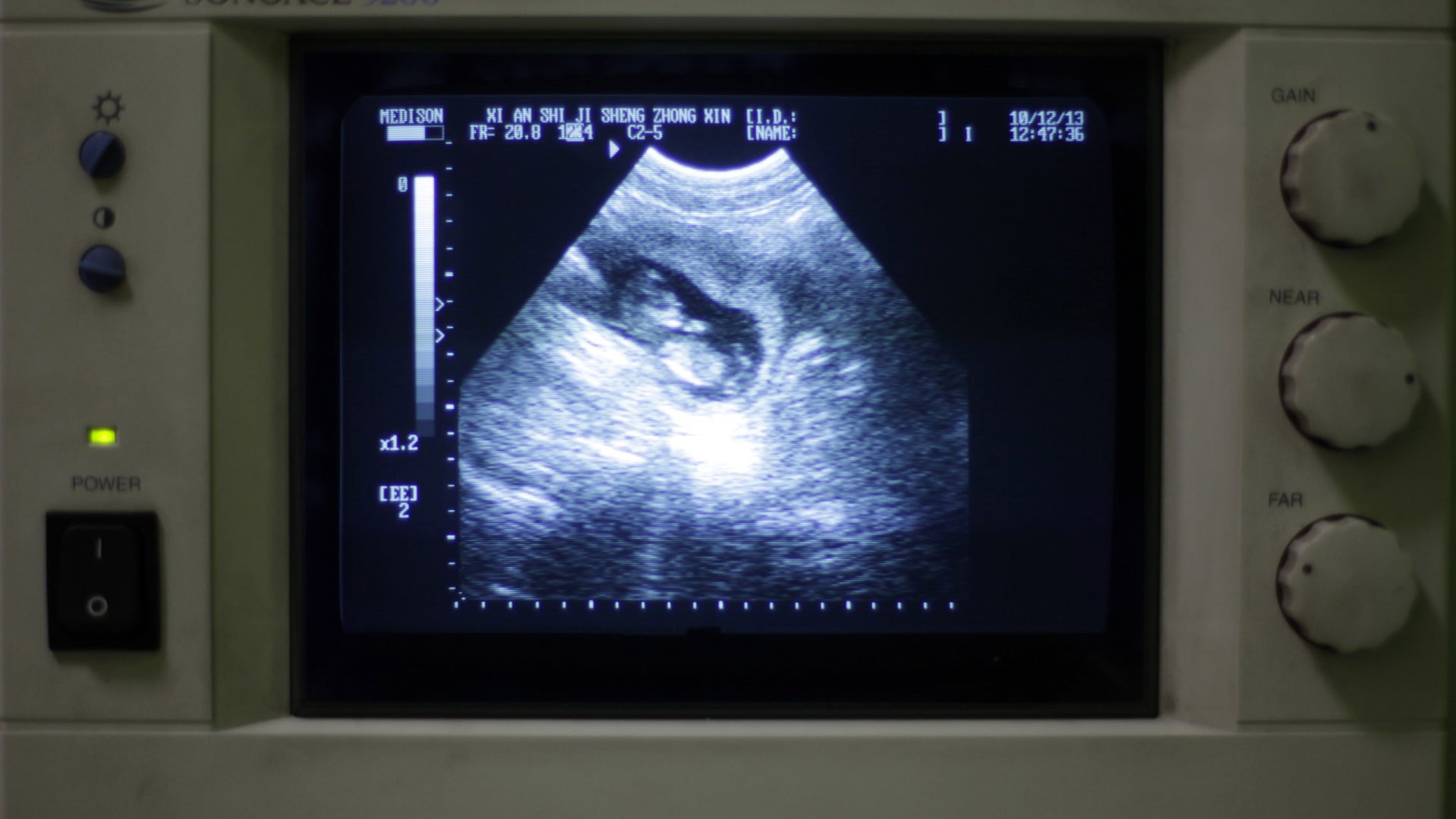Crackdowns show how China’s one-child policy keeps the black-market boy business churning
China’s one-child policy has created one of the biggest demographic disasters in the history of mankind: A ratio of nearly 118 boys for every 100 girls. And the country’s booming reproductive black market is a crucial component contributing to the imbalance.


China’s one-child policy has created one of the biggest demographic disasters in the history of mankind: A ratio of nearly 118 boys for every 100 girls. And the country’s booming reproductive black market is a crucial component contributing to the imbalance.
Over the weekend, the Global Times reported on how the government continues to wage a whack-a-mole war on the lucrative underground ultrasound business. Because of the preference for boys, the easy availability of abortions and China’s glut of males, ultrasound scans to identify the gender of the baby are illegal. However, the penalties are relatively light, creating a lot of repeat offenders.
Anyone with an ultrasound machine and a ob-gyn textbook can get into the baby-scanning business. The gang profiled in the news report carried out ultrasounds, with the option of aborting then and there, in a minivan. Ultrasounds cost 800-1,200 yuan ($128-$193) and abortions cost 3,800 yuan. The local judge on the case noted that most of those performing these procedures had no medical licenses, and that legitimate medical institutions worked as middlemen, sending customers their way. The barriers to entry are fairly low since pretty much anyone can buy an ultrasound machine. In fact, one medical technology rep told the Global Times that they were his best-selling machine.
Then there’s also the practice of mailing blood samples to Hong Kong, where gender testing is legal. As the report pointed out, the company in question offered a money-back guarantee—but because female fetuses were usually aborted, this probably wasn’t all that risky a proposition.
Meanwhile, the Beijing Health Bureau has just confirmed that it busted a clinic that churned out 300 test-tube babies a year implanted in surrogate mothers (paywall). This outfit also lacked any sort of qualification, and was registered as a cosmetics company.
Like gender-revealing ultrasound scans, in-vitro fertilization for surrogate mothers is illegal in China—it was banned in 2001. However, the treatment appeals to parents unable to conceive, who want to skirt the one-child policy to try for a boy, or who wish to guarantee a boy outright (which is why it’s banned). Xinmin Weekly recently reported that 400-500 such surrogacy clinics operate in China.
The lucrative black market serves as a reminder that China’s disposable incomes are rising fast. The clinic that got busted charged 1 million yuan ($161,000) for a successful birth. Those unwilling to take their chances with nature could pay an additional 200,000 yuan to guarantee a boy.